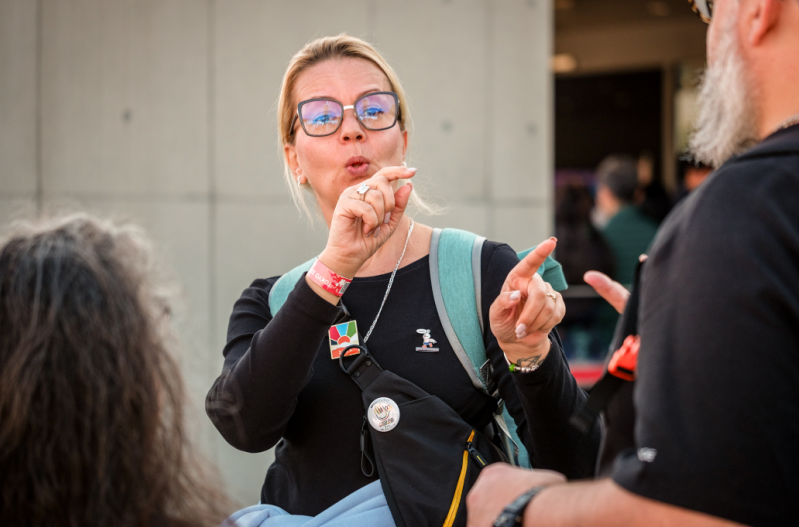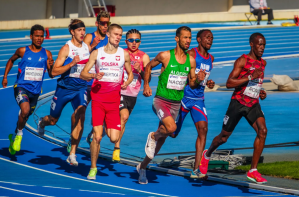
The 2025 Deaflympics in Tokyo has become an unprecedented platform for global evangelism, giving missionaries rare access to one of the world’s largest and least-reached communities. As thousands of athletes and spectators from around the world gather for the international sporting event, mission workers say the moment represents a historic opportunity to share the gospel with D/deaf people who are seldom concentrated in one place.
The International Mission Board, working alongside more than 50 volunteers from eight nations, has already recorded at least 200 gospel conversations and engaged roughly 500 people representing 30 countries. IMB leaders say the scope of interaction possible at the Deaflympics is unlike anything they encounter elsewhere—and may help fuel long-term efforts to reach an estimated 80 million D/deaf individuals worldwide.
The games run from Nov. 15–26 and include athletes from close to 80 nations.
"Deaf people are naturally spread all over the world, and having them come together at one time is a rare event," said Hank Greene, who leads the IMB's D/deaf work globally.
In D/deaf community terminology, Deaf (capital D) people use sign language as a first language, while “deaf” (lowercase d) individuals lose their hearing later in life and acquire spoken language. Hard of Hearing refers to those who need a hearing aid to amplify sound.
IMB mission teams view the Deaflympics as a unique opportunity to build relationships within global D/deaf communities. The IMB, the international mission agency of the Southern Baptist Convention—the largest Protestant denomination in the United States—focuses on making disciples and planting churches among the world’s unreached people groups.
Volunteers—both D/deaf and hearing—from eight nations positioned themselves across venues throughout Tokyo. They used custom tools, including trading pins designed by IMB worker Kaori James, with each of the pin’s five colors symbolizing an element of the gospel message.
Teams also distributed cards with QR codes linking to gospel presentations in multiple sign languages, allowing recipients to access the message in their own heart language.

Testimonies illustrate the power of this specialized outreach. Liberty Gratz, a Deafblind volunteer, shared the gospel using Tactile Signing with a Deafblind man who previously had never heard the message.
In another instance, Youngsook Lim, a hearing volunteer, used a translation app to share the gospel with a Japanese woman, even though Lim did not know sign language. Following the conversation, the woman decided to give her life to Christ. IMB workers are now following up to connect her with local Japanese D/deaf Christians.
Greene emphasized that the success underscores the vital need for more long-term missionaries to reach the estimated 80 million D/deaf people worldwide—one of the world's largest unreached people groups.
The IMB hopes the short-term volunteer experience at the Deaflympics encourages more participants to consider long-term service.






